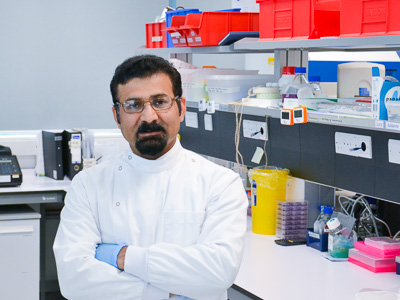Tell us about your particular area of research
I've tracked Tiger sharks in the Bahamas to look at their interactions with people in Eco-tourist sites to see if they change their behaviour in response to tourists. We use a large array of acoustic receivers and take them to this archipelago in the central Indian Ocean, one of the world's largest marine protected areas. For eight years I've been tracking reef sharks to understand the ecological significance of large predators to the reef, and also the impacts of illegal fishing activity, and the efficacy of the marine protected area. My research tries to understand how good the marine management is and how is marine protection doing …
We've tracked critically endangered Angel sharks in the Canary Islands to gain some initial ecological knowledge about them because that is a species that's seen huge reductions in numbers over the last 50 years or so. They used to be abundant around the UK and we don't really see many of them now.
Does that tell you anything about human caused climate change that's perhaps causing that?
I would say that the speed at which change is happening these days is unprecedented. Sharks have survived huge mass extinctions. They've presumably shifted their distribution in response to various climatic changes and changes in temperature and water and the depth and everything. But those will have occurred over very long periods of time, they will have had time to adapt over generations, typically leading them to evolve into different niches. But with human-driven climate change, they just don't have that capacity.
If you were a student coming in right now, what are the kinds of things that you might be looking at?
I think if I were a student coming into the field now, being involved to some extent to the development of new technologies - whether that was the analytical side of things or programming tags, programming the way in which data is collected whilst it's on board devices attached to an animal - would be a great, very exciting sort of field to be involved with.
Do you have any kind of grounds to be hopeful that Shark declines might be reversed or reversible?
With increasing awareness and recognition of the importance of the species and a reduction in the stigma associated with a lot of large species of shark, I think there are grounds for optimism. And actually, it's at the undergraduate stages of study that we want to really to plant those seeds and start changing opinion, changing the way in which we sort of measure and understand these animals and what they actually do for us. So, yes, I'm optimistic.



